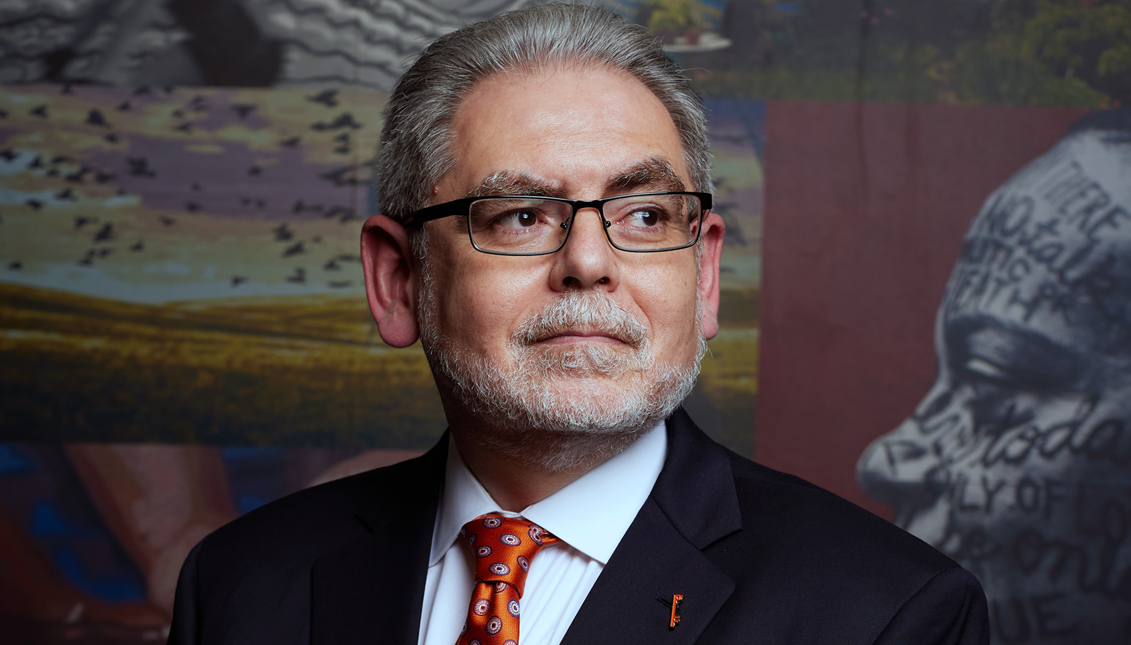
A Pillar of Philly Philanthropy
As the leader of Philly’s oldest community organization, Pedro Ramos has been instrumental in affecting positive change across the city.
Pedro Ramos is Philadelphia born and bred.
Growing up between 5th & Girard Avenue in North Philly, he was the youngest of five children born to Puerto Rican parents.
“I was lucky to have a lot of older adults looking out for me, whether it was older siblings, neighbors, particular teachers and a couple of counselors here and there,” Ramos said in an interview with AL DÍA.
“I feel like I was fortunate along the way to get help from more places than I even could recognize,” he added.
His parents arrived from Arecibo, Puerto Rico, in 1953 and settled in North Philly, his father in search of work. Due to their experiences in Puerto Rico, education was always a high priority in the Ramos household.
Ramos’ father had a second grade education, and his mother made it as far as sixth grade before being pulled out of school to help raise her younger siblings after their father passed away.
“My parents, and especially, my mother, were a driving force in terms of education,” said Ramos.
Being much younger than his siblings allowed Ramos to become exposed to many of the happenings that were taking place in the world around him, even when he may have been too young to really understand it in full.
Ramos’ oldest brother was an activist in the Puerto Rican community, becoming one of the drivers of the Young Lords movement in Philly, “which meant that as a little kid, there was a whole lot of political talk, activist talk, radical talk around the table,” said Ramos.
As Ramos got older and his family moved to Olney, a lot of those activists became community leaders, nonprofit leaders, government leaders, journalists, lawyers and other prominent figures.
“They were the folks that parents and many others were most worried about, but they found their way into institutional roles ultimately,” he said.
Continuing to focus on his education, Ramos did well in his classes and extracurriculars and started to gain self confidence.
Upon entering college at the University of Pennsylvania, Ramos had to look for a community, and in the process, became a student leader and student activist in his own right.
While at Penn, he became involved with United Minorities Council, the South African Divestment Movement and made connections with some upperclassmen and other Latino and students of color who had similar interests in addressing social issues.
Ramos denoted those endeavors as “the next big thing in my formation,” he said, as he developed a curiosity about how things work, how decisions are made and what things can be done on a smaller scale that can influence things on a larger scale.
This experience also helped Ramos decide what career path he eventually wanted to take.
“I knew I wanted to be a lawyer and thought that the law would be a way of making a living and being able to make the kind of living that my parents had hoped I would have and couldn’t dream of having themselves,” said Ramos.
“But it was also sort of a way into these worlds that I started to get exposed to in college that I never knew existed growing up.”
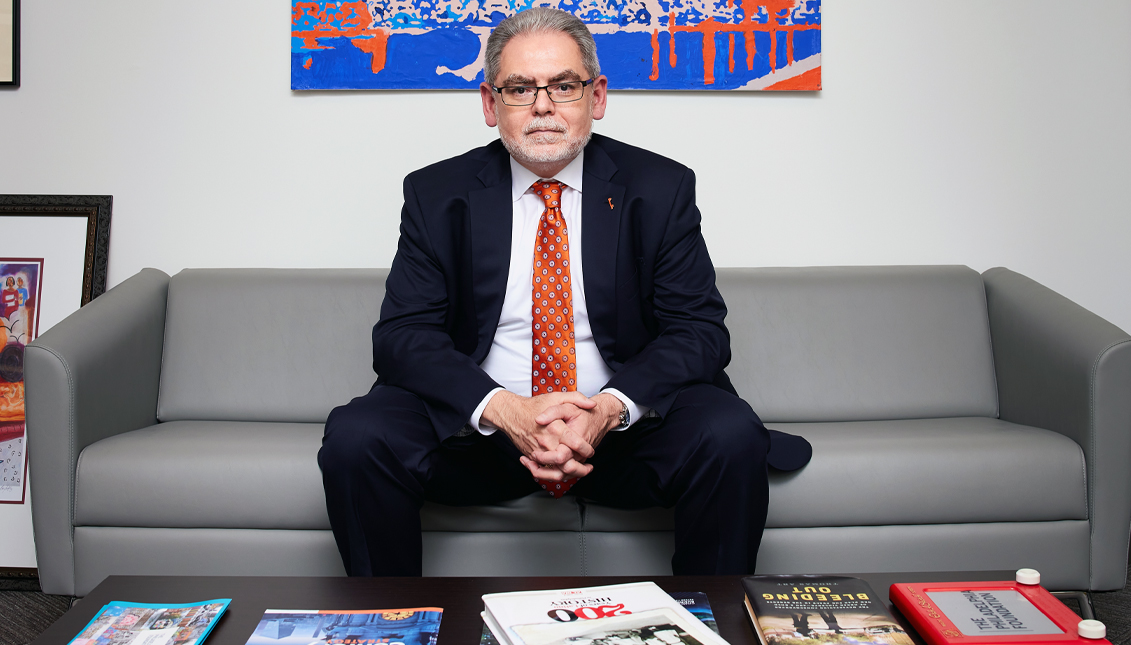
After spending the first 20-plus years of his life in North Philly, grad school was the first time Ramos spent any extended period of time away from the area, as he decided to attend law at the University of Michigan.
However, Ramos felt his previous venture was the bigger adjustment for him.
“I think going from North Philly to Penn’s campus was a much bigger shift than going from Pennsylvania to Michigan,” he said.
By the time he went to Michigan, Ramos had already learned much more about the world outside of North Philly and the environment he had grown up in.
His decision to enroll at Michigan was due to it being ranked one of the top law schools in the nation, his connection to a few grad students who also completed their undergraduate studies at Penn, and the opportunity to continue much of the work he was involved in as an undergrad student.
“As a graduate student living in Ann Arbor, it was a nice, good experience,” said Ramos.
In addition to completing his law degree there, during his time as a student there, his first daughter was born.
“It was a good experience and the fact that my daughter was born there always makes it a special place for me,” he added.
Ramos’ first job out of law school was as a partner for Ballard Spahr in Philadelphia.
His approach was to learn the technical aspects of the law profession, which would allow time and freedom to pursue other things.
His first time getting involved “in other things” was becoming a board member of Congreso, a board he sat on for about a decade.
“It was a good way to sort of feel like I could stay connected and contributing in ways where my education could have value,” said Ramos.
Within the realm of education, Ramos’ work on Congreso’s board would later lead to him becoming the youngest person to serve as a board member for the Philadelphia School District.
During the mid-1990’s, Philadelphia was going through what Ramos called “a time of a lot of transformation… a changing of the guard.”
“So there was sort of like a new generation coming in, and we were the new generation,” said Ramos.
“So there was sort of like a new generation coming in, and we were the new generation,” said Ramos.
His involvement on the board, working to address the challenges facing Philly schools, gave Ramos a better understanding of all the little things that must take place in order for bigger, more impactful things to happen.
He also gained appreciation for opportunities to serve, which he sees as “a privilege and responsibility,” that he has since committed to in a number of ways.
“It’s sort of been a juggling act ever since,” said Ramos. “Between work, family and some sort of service.”
“I think they all support my drive for the other… and have provided a sense of balance and an outlet.”
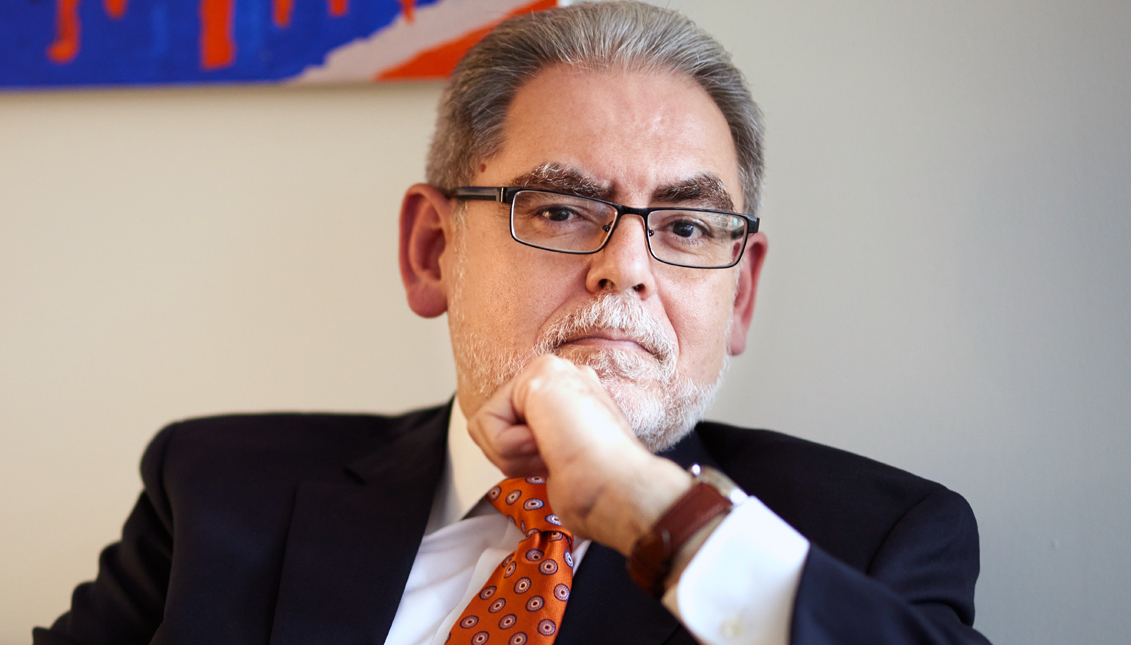
RELATED CONTENT
Given the significance education and his law practice has had on his life, leaving the profession wasn’t something Ramos ever really gave much thought to.
But in 2015, when the Philadelphia Foundation was in search of a new leader, Ramos received a call from a search firm.
Initially, he started listing the names of individuals he believed would be good fits for the position before being asked if he would consider taking on the role.
A talk with his wife later helped Ramos realize that much of the work he’d be doing in the role was the same things he had been doing for many years already.
“[My wife] sort of kind of made me pause and think more about it,” he said, noting that it would be an opportunity to make a difference and further strengthen the foundation.
Ultimately, Ramos accepted the role and officially joined in August 2015, becoming the first Hispanic to lead a philanthropic organization in the city.
That distinction makes him reflect on the women and people of color who came before him and the impact they’d been able to make throughout the foundation’s now more than 100-year history.
Over his six years at the helm, Ramos has learned quite a bit.
“What I’m discovering about philanthropy is that the issues faced by the Latino community are not as known as I would have thought,” said Ramos. “There’s a dimension to the strength and resilience of the Latino community in Philly that isn’t that well-known, as well as some of the chronic and intergenerational challenges.”
He underscored how the poverty rate among children, eighth grade math proficiency, fourth grade literacy within the Latino and underserved communities are just as concerning now as they were two decades ago.
To Ramos, the most rewarding thing about philanthropy is simply being able to do for and help others while contributing to positive solutions, which became especially evident during the onset of the pandemic.
Thanks to the PHL COVID-19 Fund, the Philadelphia Foundation managed to provide nearly $18 million to nonprofit organizations across the city.
“That was an effort involving more people than I can enumerate,” he said. “Being able to be of service in that way and with my team … was certainly something I’m proud to have been a part of.”
This role adds another dimension to the approach Ramos has often had throughout his career — interacting with different leaders, building relationships and creating positive change.
When Ramos thinks about his heritage, he calls it “intrinsic to my identity.”
However, he has also learned about the societal connotations of that heritage, as well.
“I became Latino when I went to college,” he said. “Otherwise, I’ve always been Puerto Rican.”
Thinking about his heritage gives Ramos time to reflect on the values, the language and culture that his parents passed down to him, in addition to the connection between Puerto Rico and the U.S. mainland and the entire diaspora.
“For me, Hispanic Heritage Month is the whole subculture,” he said, also taking the time to think about the Latino culture in Latin America and the Caribbean, and in Philadelphia.
As Ramos gets set to accept his distinction as a 2021 AL DÍA Archetype, he hopes it can be used as a bridge for not only his community, but the city as a whole.
“I hope that it’s a way of bringing more attention and connectivity between institutions and the Latino community in Philadelphia,” said Ramos.
“I hope that it’s a way of bringing more attention and connectivity between institutions and the Latino community in Philadelphia,” said Ramos.


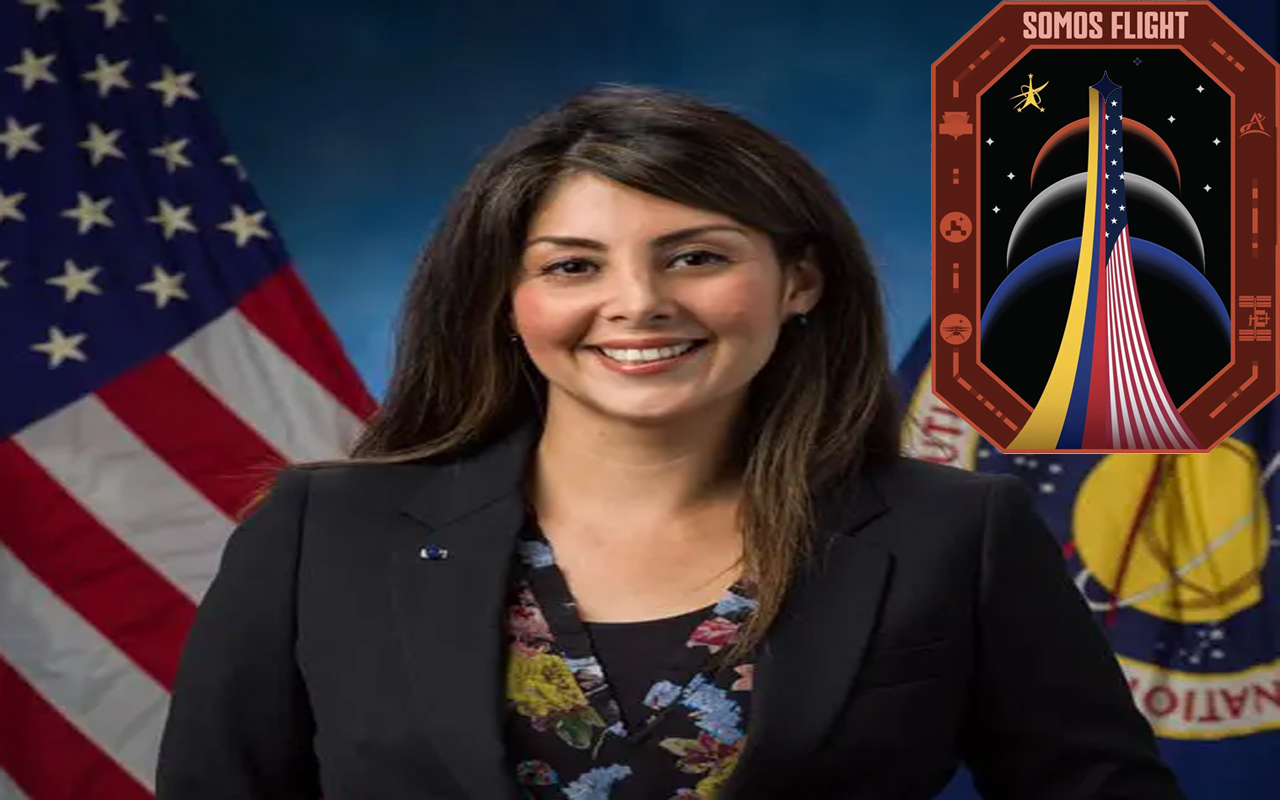
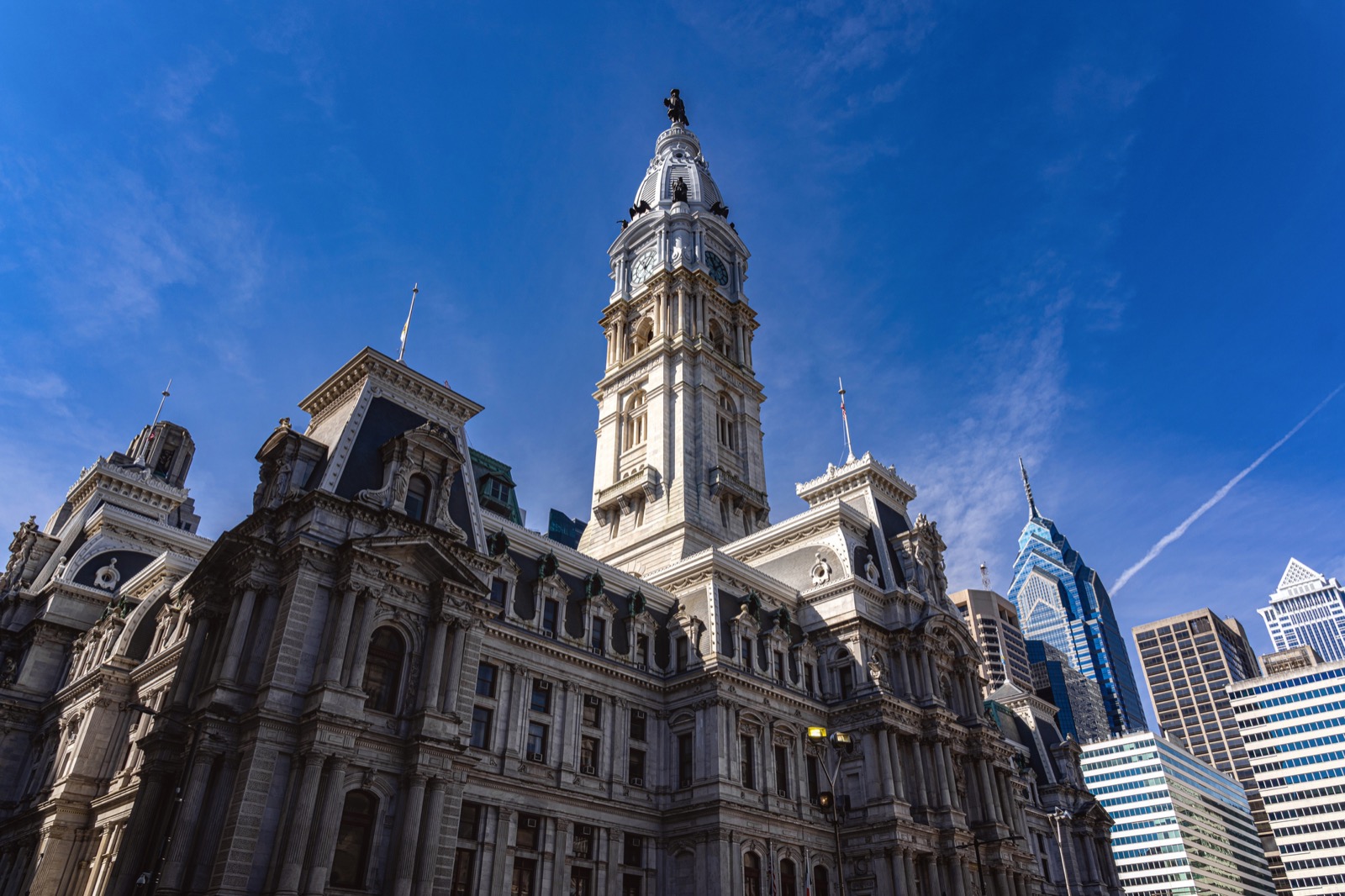
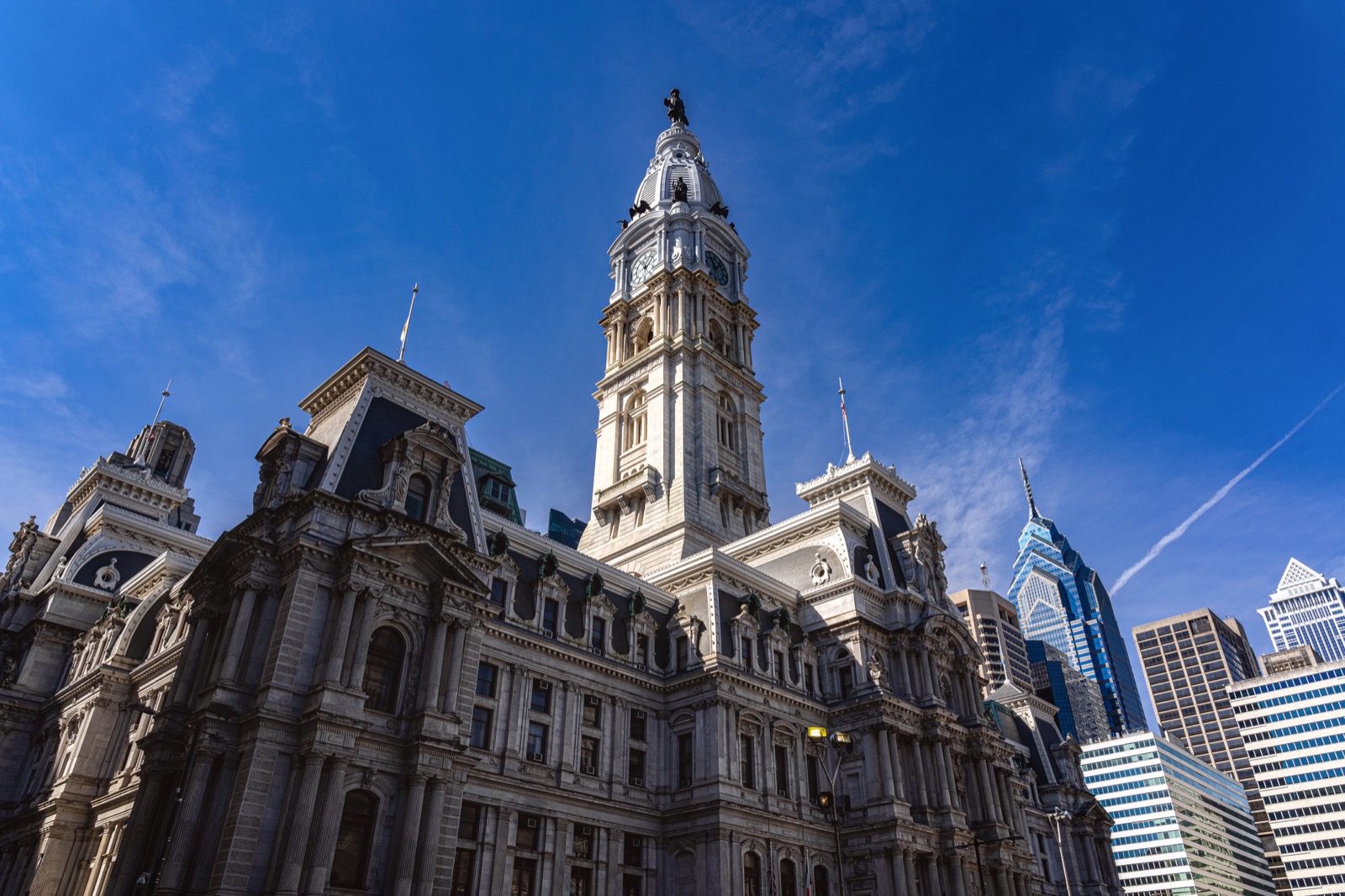




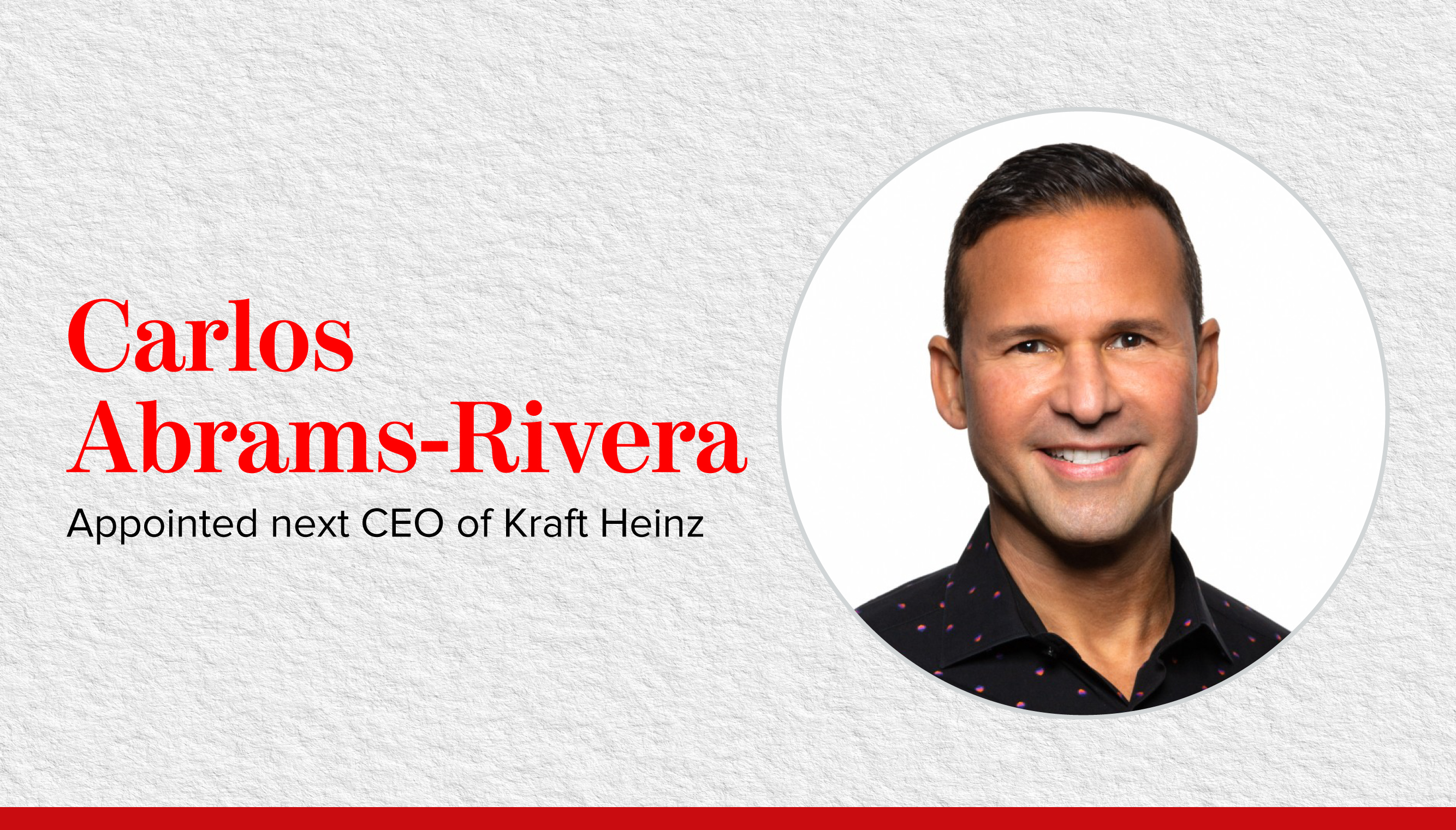

LEAVE A COMMENT:
Join the discussion! Leave a comment.